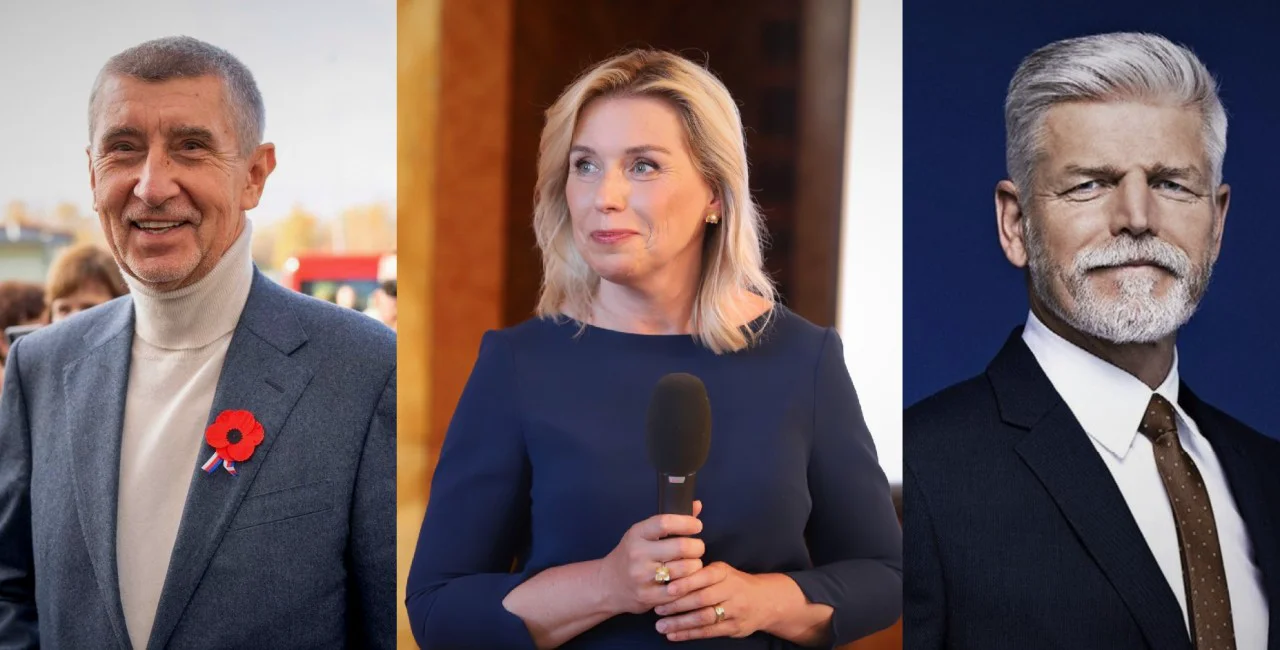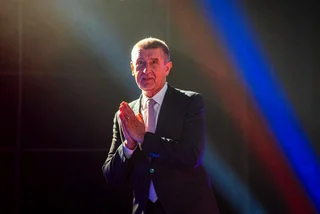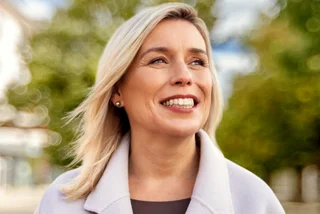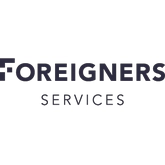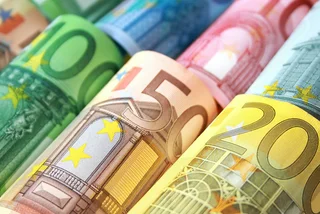With the first round of voting in Czechia’s presidential elections taking place this Friday and Saturday (Jan. 13 and 14), the race for Prague Castle is entering its final stage. Amid a whirlwind of TV debates, public appearances and late plot twists, the final result of the vote is anyone’s guess.
The 'big three'
Three candidates stand out as clear favorites. Former prime minister and ANO party leader Andrej Babiš is among this group, and his campaign received a major boost on Monday with his acquittal in his trial over alleged EU subsidy fraud.
The other two leading candidates are former army general Petr Pavel, and former Mendel University rector Danuše Nerudová. In the closing days of the campaign, some polls have suggested a swing in public preferences in favor of Pavel, but with all three candidates averaging close to 25 percent, there’s no clear indication of who will make it to the second-round run-off, to be held on Jan. 27 and 28.
So, where do the candidates stand on the key political issues of the day: support for Ukraine, an ailing economy, and social issues such as LGBTQ+ rights and gender equality?
Interested to see which presidential candidate represents your views the most? Take this handy test called "Election Calculator" to find out!
Průzkum Medianu z 5. až 9. ledna 2023 jeÅ¡tÄ› pÅ™ed odstoupenim Streduly a rozsudkem ve vÄ›ci Capiho hnÃzda, ÄŒtvrtina voliÄů si podle Medianu stále nenà jistá, koho bude volit. pic.twitter.com/sDxpDovoLO
— Jiri Dolejs (@DolejsJiri) January 9, 2023
War in Ukraine
All three of the leading candidates support Ukraine in its fight against Russian invasion. But the degree and nature of their support varies.
Petr Pavel is the candidate most strongly supportive of Ukraine and opposed to Russian influence. Pavel bases his stance on his tenure leading the NATO Military Committee from 2015 to 2018, and has praised the Czech government for its strong support for Kyiv since the war began.
Speaking to Expats.cz, Pavel suggested that war in Ukraine has implications reaching beyond that country, potentially affecting the entire international order. He said that “Vladimir Putin would feel encouraged by taking control of Ukraine. Also, he would see it as a confirmation of his mission to restore a Russian sphere of influence and exert some kind of control on the area of the former Soviet Union.”
Pavel told Expats.cz that Ukraine must be supported in its fight, and that only Kyiv can ultimately decide what constitutes victory.
Danuše Nerudová is another strongly pro-Western candidate; she argues that Czechia should not pursue close ties with authoritarian Eastern powers such as Russia and China, where human rights are violated.
Nerudová is less specific than Pavel when it comes to military support for Ukraine, but she firmly backs Kyiv. She said she “would go on a state visit to Ukraine” as “Ukrainians are also fighting for our security and freedom.” Meanwhile, President Vladimir Putin’s Russia is, she says, “behaving like a terrorist state.”
Still, Nerudová was criticized when she said she wishes “the government would not only go to meetings in Kyiv, but also to the Ústi region, to the Karviná region, and to Karlovy Vary.” Some pro-Ukraine campaigning groups argued that her statement fed populist narratives about support for Ukraine being responsible for hard economic times.
Andrej Babiš has the most nuanced stance of all the candidates when it comes to Ukraine. Driven by a political wish to whip up opposition to the government, Babiš has combined statements supporting Ukraine with harsh criticisms of the government for allegedly putting Kyiv above Czech interests.
Babiš condemned Russia’s invasion, but speaking to Czech voters whilst on tour throughout the country, he said he doesn’t believe Czechia should continue supplying Kyiv with weapons. “We supplied weapons and stopped Putin. He wanted to occupy the whole of Ukraine, thank God he didn’t succeed,” he said. In response to questions from the iRozhlas server on support for Ukraine, Babiš simply replied that Czechia should “coordinate aid with EU and NATO countries.”
Still, Babiš is no friend of Russia; during his time as prime minister, revelations of Russian spy involvement in explosions at a Moravian arms depot in 2014 led to a drastic reduction in Czech-Russian diplomatic relations under his tenure.
The economy
With Czechia now in a technical recession, attitudes to the deteriorating economic situation are also key.
Pavel has spoken in favor of reducing Czechia’s budget deficit, an issue which is of key concern to economists. When it comes to rising energy costs, which are a driving force of inflation throughout the economy, Pavel supports the diversification of energy sources to shield Czechia from supply threats and price increases.
More controversially, Pavel supports the adoption of the euro as part of Czechia’s further integration into the West. Pavel warned that many big companies are already switching to doing business in euros, and that a future government will have no choice but to impose the euro at a national level. He declared himself ready to push this agenda as president, saying “it’s really time to do it.”
Nerudová is an economist by profession. She has called for the Czech National Bank (ČNB) and the government to work in harmony when tackling inflation, asserting that “the worst thing that could happen would be for the ČNB to raise interest rates and the government to endlessly increase spending.”
Another economic priority for Nerudová is pension reform. She points out that many people, especially women, who were out of work while raising children, end up with pensions which are not enough to sustain them in their retirement. She calls for more state support for such disadvantaged groups.
Nerudová also argues for greater economic equality across the Czech Republic. In a recent debate, she said it’s “time for the gap to start closing” between the big cities and the regions, calling for increased regional support and better social mobility.
Babiš’s economic principles were displayed during his tenure as prime minister. The ANO leader is fond of policies that directly help citizens, in the form of tax breaks, subsidies, and pension increases, even when economists warn that such measures could ultimately damage Czechia’s economic health.
He has criticized the current government for allegedly failing to help Czech citizens cope with inflation. Yet he also sharply criticized the ČNB for raising interest rates as an anti-inflationary measure, calling this “a big problem for companies that do not have the option of taking a loan in euros.”
Social issues
Pavel, in keeping with his pro-Western stance, supports same-sex marriage and adoption rights for same-sex couples. He argues that “all people should have the same rights regardless of their orientation,” and that “in adoptions, the child is decisive” due to the benefits of growing up in a stable family environment.
Nerudová is even more strongly in favor of LGBTQ+ rights and equality, saying that “love is love” and that “it really doesn’t matter if parental love is given by two men, two women, or a man and a woman.”
Nerudová meanwhile portrays her presidential run as gender equality in action. In recent days, she engaged in a row with Pavel over his apparent condescension when he suggested that he would use her skills in “accounting” in an advisory role if he is elected president. Nerudová responded by saying that “women in our country are unfortunately used to similar humiliation from men.”
Babiš brought forward gay marriage legislation while in office as prime minister, but subsequently allowed the legislation to stall. He personally supports gay marriage, saying “same-sex couples should have the same rights to marriage.” Yet opinions on the issue are split even within his ANO party, reflecting wider divisions throughout Czech society.
On social issues, war in Ukraine, and the economy, a variety of views are expressed by the other candidates vying for the presidency. But in the three leading contestants, Czechs have a choice between strongly contrasting personalities and different visions for the nation’s future. The results of first-round voting this weekend will be a strong indication of which direction the country will choose.












 Reading time: 6 minutes
Reading time: 6 minutes 